
During the last several decades, people, predominantly women, who life in the Western part of the globe, have become more open to piercings. Therefore, an increasing number of people opt for body piercings and wear them with joy. Body piercings are usually related to different cultures. For example, in India and Pakistan, having a nasal piercing is considered normal for a woman, being a cultural marking. In Europe, females usually have their ears pierced. Nowadays, however, piercings are appearing in all kinds of places, making people feel unique and more beautiful.
As far as the nose is concerned, there are typical, nostril piercings, bridge piercings and nasal septum piercings which are the most common. Regardless of the type of nose piercing you have, you need to take good a care of it in order to avoid infections and other problems.
How To Get a Piercing
On many occasions people get nasal piercings done by piercing guns. This is not a good method since it increases chances of mistakes and infections. Thus, in order for a nose piercing to be done optimally, it needs to be pierced with a sterile needle. The process is short and painful, the nose is pierced and the jewel of choice is inserted in the spot.
What To Do Once You Have a Nose Piercing?
Once you have undergone this beautification, you are facing about 15 days of healing time. If you keep your piercing safe and clean during this time, it will heal faster. On the other hand, neglect will result in complications.
Keep the piercing clean at all times. Crusts are likely to be created in the area. You are to remove them by using a cotton swab previously soaked in saline solution. Basically, all you need to do is to place the swab over the crust and hold it until it gets loose. Do not use force since you may trigger bleeding or skin irritation.
Clean the piercing regularly and make sure it is dry after the process. Use tissues for this purpose, avoiding towels since they might contain bacteria. After this, you may place a bit of lavender oil over the area, keeping it moist and helping the piercing heal better. During the application, move the piercing around, letting the oil reach the wound. Taking vitamin B and zinc supplements can help, too.
Do not remove the piercing jewelry for a long time since the wound might close, or heal wrongly, being susceptible to infections.
Keep the piercing safe from cosmetics, hairspray, touching, alcohol, tea tree oil or Betadine. These will cause irritation or possibly lumps. Finally, avoid using sleepers since these can trigger allergic reactions.


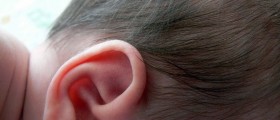
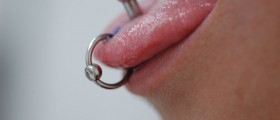
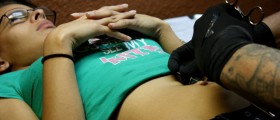
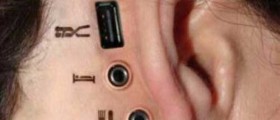
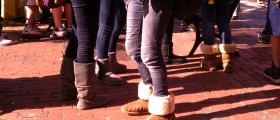

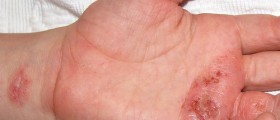
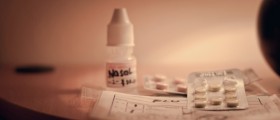
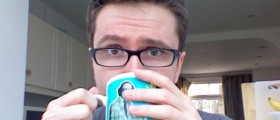
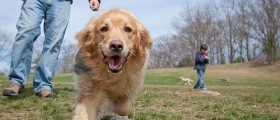

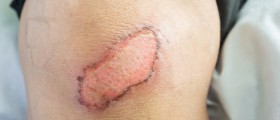

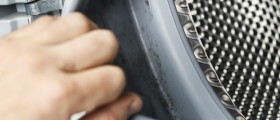
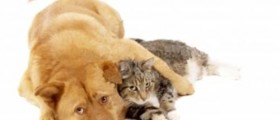
Your thoughts on this
Loading...